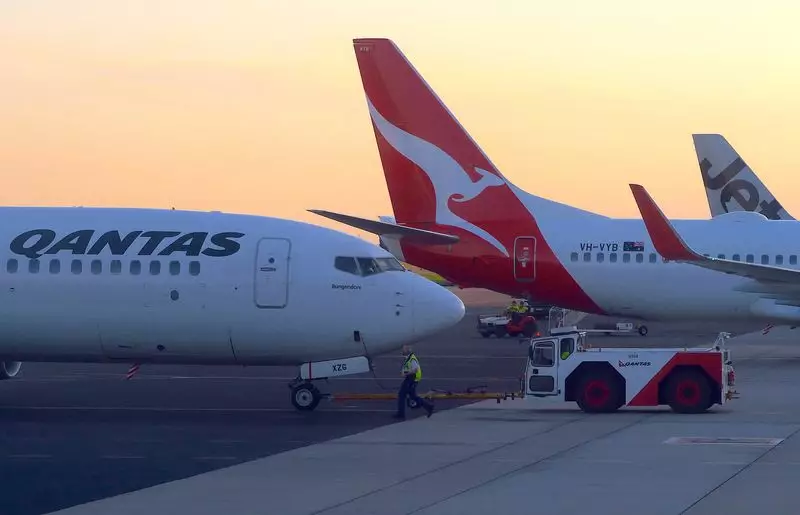In a significant legal development, Qantas Airways has been ordered by a Federal Court in Australia to pay a total of A$170,000 (approximately $114,000) to three former baggage handlers who were unlawfully terminated in 2020. This ruling highlights broader issues stemming from the airline’s controversial outsourcing practices that impacted around 1,700 former ground workers. The case, led by Federal Court Judge Michael Lee, emphasizes the repercussions Qantas faces in the wake of its cost-cutting measures during the COVID-19 pandemic.
Details of the Ruling
Judge Lee’s decision mandated that Qantas compensate the three dismissed baggage handlers with individual payouts of A$30,000, A$40,000, and A$100,000, noting that these figures reflect non-economic losses caused by their abrupt termination. The court characterized these payments as “test cases” while Qantas engages in negotiations with the Transport Workers Union (TWU) for a larger damages settlement affecting all affected employees. The airline’s defense for the sackings centered on financial necessity due to the pandemic, yet the court indicated that the company’s illegal outsourcing was not only avoidable but, if handled correctly, could save Qantas approximately A$100 million annually.
The outcome of this case sets a critical precedent for future litigation involving worker rights during periods of economic strain. While the exact total damages related to the roughly 1,700 affected workers have yet to be determined, the payouts affirm the court’s willingness to protect employee rights in the face of corporate cost-cutting. Moreover, Qantas’s legal struggles come at a time when the airline industry is under immense scrutiny for its treatment of workers, particularly following the concessions made during the pandemic. This ruling can signal to other businesses that unethical practices will bear legal consequences, setting a standard for fair employee treatment.
Public Perception and Corporate Responsibility
Qantas’s reputation has taken a significant hit following these developments. The airline not only faces financial repercussions but also the public relations fallout from its actions that led to the illegal sackings. In May 2023, Qantas agreed to a A$120 million settlement over accusations of selling tickets for flights that had already been canceled—a decision that compounded trust issues with consumers and stakeholders. Michael Kaine, national secretary of the TWU, emphasized the importance of Qantas demonstrating genuine commitment to change, arguing that the airline must now act decisively to rectify its past transgressions.
In an official statement, newly appointed CEO Vanessa Hudson acknowledged the harm caused by past decisions and implied that Qantas is committed to making amends. The court has instructed both Qantas and the TWU to collaborate and report on further compensation strategies by mid-November 2023. As the airline navigates this complex legal landscape, the need for transparency and accountability has never been clearer. Qantas’s future will undoubtedly hinge on how it resolves these issues and rebuilds trust with both its employees and the public.

